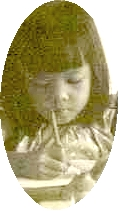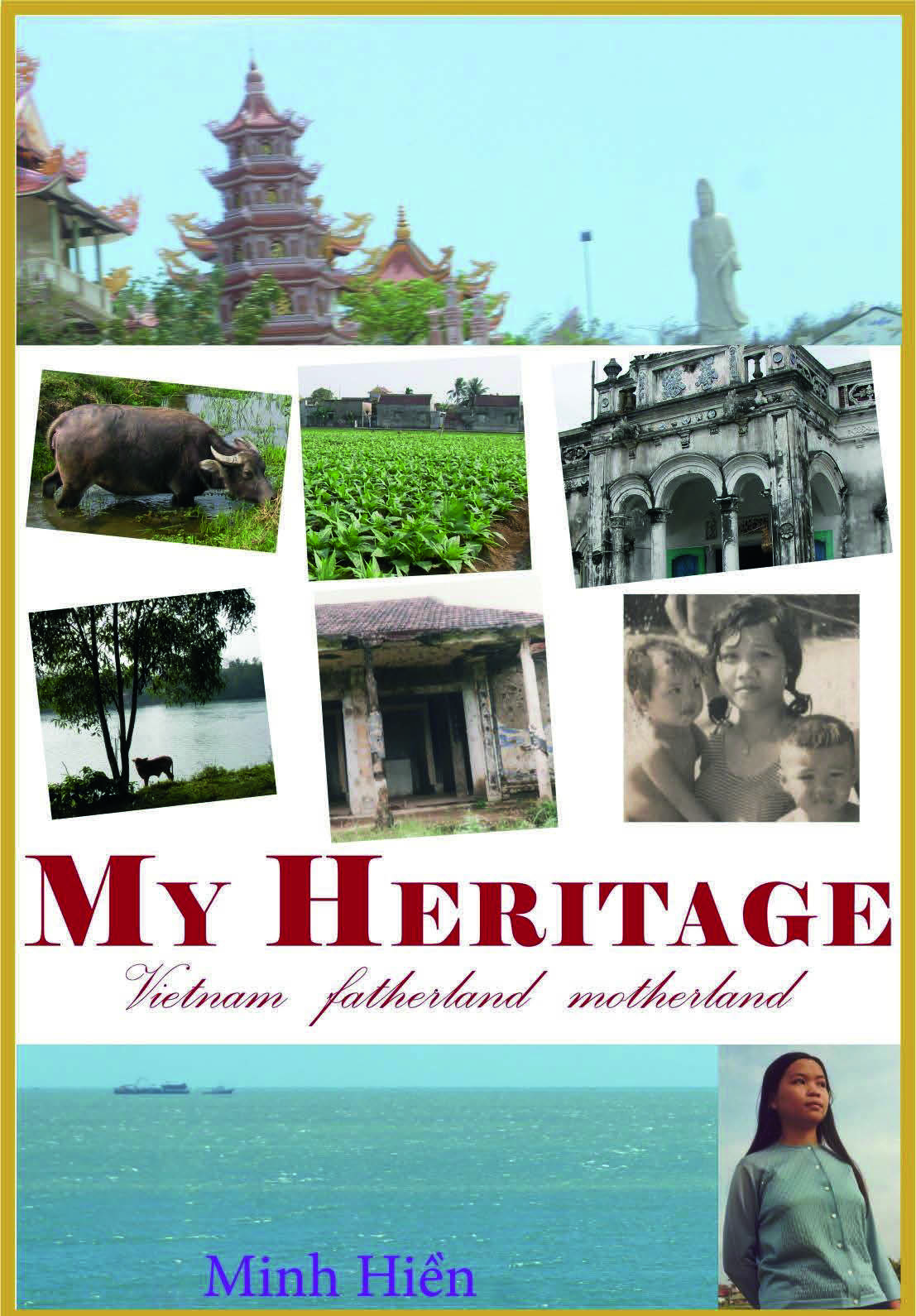My heritage: Vietnam fatherland motherland, sheds a new light on the Vietnam war
Following is the text of speech notes given by Eoin Breen at the My Heritage Book Launch in Hobart on the Human Rights Day 2016 at Hadley’s Orient Hotel, Hobart on 9 December 2016.
Old enough to recall the anti war protests. While at Uni in Belfast there were other issues in the late 60s but the news featured heavily the campaign of bombing, loss and hardship, the intractable Paris peace talks and the growing clamour from emboldened western youth for the west to get out of the country and let them decide their own future.
I recall teaching a grade nine class at New Town High in late April 75 when the senior mistress interrupted to say the Government had collapsed in Saigon and the following days watch the unfolding drama of the American evacuations of the embassy and choppers being pushed of ships to make way for refugees. Then the extended period of regional conflict into the late 80s when the west tried to destroy the nascent economy with sanctions. Another case of history ignored simply being repeated.
But while passionate about the issues and their implications for the development of world built on fairness and equity it wasn't until I read Minh Hien’s account that I actually questioned my own values when reading about the period through the travails of her extended family so deep and personal as she portrays it in her book.
Her narrative provides great insight into her family over three generations – lives with all their failings and achievements, work and leisure, culture and customs, religions, myths, superstitions, poetry.
And the great sense of obligation to family and society - which transcends the generations. Much more extensive than the European tradition of noblesse oblige. It appears that mutual assistance permeates through family and friends to be the lot of ordinary every day people.
Minh Hien's dad gave support both moral and financial to many relatives and colleagues. Her mother took in distant cousins and family friends and fed, clothed and supported them. I recall her account during the hardship of Saigon after liberation even going out of her way to ensure a cousin was fed in hospital.
I suppose that deep sense of being part of or belonging to the Vietnamese culture comes through consistently. Her deep knowledge of opera, poetry, history, the lunar calendar and what appears to be Confucian philosophy – is that embedded in Vietnamese thinking? - guides her young life. She left Vietnam as a 17 year old yet she records discussing these issues with her father, uncles and teachers.
Minh Hien's narrative is both strongly patriarchal and matriarchal. Her father, Papa, sets the family agenda, negotiating and setting the high ideals for the family, valuing education and self advancement at every opportunity- Finally negotiating the escape from the despair of Saigon for virtually all his family and some close colleagues. Quite amazing determination despite the risks and the personal consequences of failure which he wore.
Yet Mama is probably the real hero. Inured to hardship in a country that was at war virtually her whole life she appears to be the one holding the family together. Working endlessly in the home dress making 6 or 7 days a week, raising 7 children and some family ring ins and determined that they all achieve their best. We know the lot of women in developing countries! Her strength is amplified when you set it against that backdrop of war with its appalling deprivations, cruelty and casualties besetting family members and friends.
She also appears to have doted on Minh Hien. The poignant opening chapter of her open grief at losing a daughter to uncertain, risky, emigration. In the hands of people smugglers things had and could go wrong.
Although you lost your Mum as a relatively young woman, Luck held for you Minh Hien. Your determination, intelligence and potential as a teenager in Vietnam were realised. But not without struggle. Your book is highly readable, produced by the hand of a capable and determined person with great vision. I look forward to reading the next instalment on your Australian years and re-engaging with your motherland.
Thanks for allowing us to discover your journey and for your kindness to students in Tasmania and beyond. It has enriched us all immensely.

